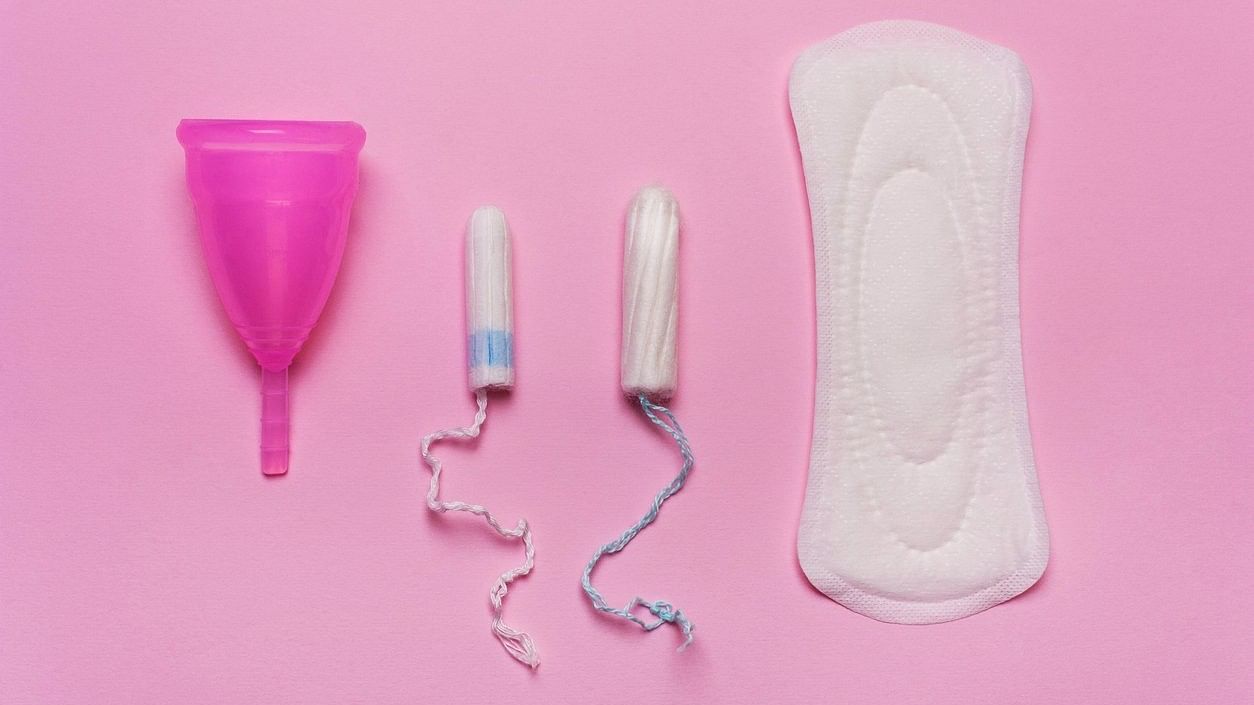
Representative image.
Credit: iStock Photo
New Delhi: The Supreme Court has asked the Union government to respond to a charge that the national policy on menstrual hygiene for school going girls has been framed with glaring inconsistencies and without assessing the ground situation.
A bench of Justices J B Pardiwala and Manoj Misra asked Additional Solicitor General Aishwarya Bhati, appearing for the Union government, to clarify the position after looking into the various aspects highlighted by the petitioner, Jaya Thakur.
Bhati submitted the Union government has framed the national policy on menstrual hygiene for school going girls, but still much is required to be done for proper and effective implementation of the policy.
She said that the Ministry of Health and Family Welfare would coordinate with the States/UTs for drawing up their respective action plans ensuring that all aspects of menstrual hygiene policy are drawn up in a comprehensive manner enabling effective roll out of the policy for school going girls of government and government-aided schools.
She said, in addition, the stakeholder ministries would ensure that specific action plans to facilitate the roll out and effective implementation of the policy are duly drawn up.
The ASG said special attention would be given for sensitisation and awareness activities for promoting safe menstrual hygiene practices in all the schools.
The petitioner's counsel Varun Thakur, on the contrary, claimed the policy framed by the Union government in no manner addressed the issues raised in the plea.
Claiming "glaring inconsistencies" in the data relied upon in the policy documents, he said, it has been stated 64.5% of girls used sanitary napkins, 49.3% cloth and 15.2% locally prepared napkins. The said data is incorrect as the total of all the three categories comes to 129%, he said.
He said, if the data relied upon by the Union government for the purpose of framing the policy is incorrect, it will be difficult to achieve the objectives.
The counsel claimed during the recent visit of the petitioner to District Damoh, Madhya Pradesh, she found that there were no peons in the schools and there was nothing like house keeping in government middle schools.
The petitioner also enquired with different people residing in various districts and found that the situation was very grim, with no facilities to provide sanitary pads.
On the PIL, the apex court had on April 10, 2023 asked the Union government to engage with all the State governments and Union Territories to ensure that a uniform national policy is formulated with sufficient leeway for the States and Union Territories to make adjustments, based on the prevailing conditions in their territories.
The court had then directed the States to make a provision for ensuring the availability of low cost sanitary pads and vending machines in all schools, and also ensure that disposal mechanisms are available in schools/school complexes with enrollment of female students in upper primary, secondary and higher secondary classes for safe disposal of sanitary pads.
